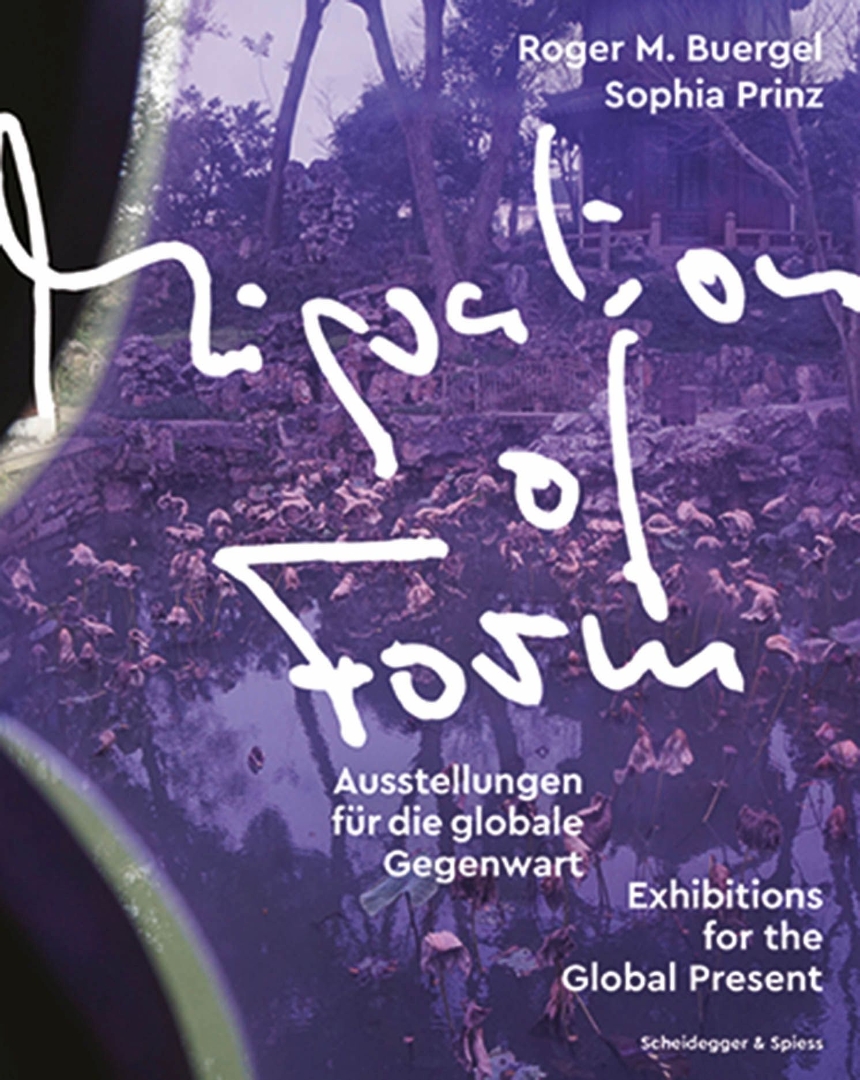How can exhibitions contribute to a broader understanding of the complex global entanglements that shape our world and life?
The term “migration of form” describes a curatorial method that takes aim at the contradictions of the Western museum traditions and the ways exhibitions have been conceived and designed. The method addresses transcultural entanglements in the past and present from which objects emerge, rather than working with distinctions such as art and non-art or cultural identities and concepts such as “Africa” or “Renaissance.” It proposes a new type of museum for global audiences that serves as a platform for discourses on urgent sociopolitical topics and as a space of experimentation with new ideas and forms of display.
This book explains and applies the “migration of form” by offering insights into the curatorial method Roger M. Buergel has experimented with at Zurich’s Johann Jacobs Museum and other venues in Europe and Asia. Descriptions of single exhibitions on global trade, raw materials, or artists such as Maya Deren and Allan Sekula are complemented by concise texts which illuminate the theoretical foundations of the curatorial process. Richly illustrated, the volume invites a timely and broadened view of art and cultural history.
The term “migration of form” describes a curatorial method that takes aim at the contradictions of the Western museum traditions and the ways exhibitions have been conceived and designed. The method addresses transcultural entanglements in the past and present from which objects emerge, rather than working with distinctions such as art and non-art or cultural identities and concepts such as “Africa” or “Renaissance.” It proposes a new type of museum for global audiences that serves as a platform for discourses on urgent sociopolitical topics and as a space of experimentation with new ideas and forms of display.
This book explains and applies the “migration of form” by offering insights into the curatorial method Roger M. Buergel has experimented with at Zurich’s Johann Jacobs Museum and other venues in Europe and Asia. Descriptions of single exhibitions on global trade, raw materials, or artists such as Maya Deren and Allan Sekula are complemented by concise texts which illuminate the theoretical foundations of the curatorial process. Richly illustrated, the volume invites a timely and broadened view of art and cultural history.

